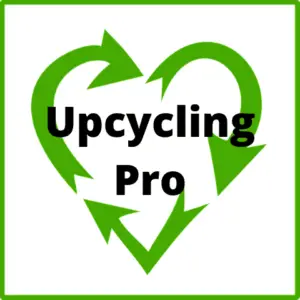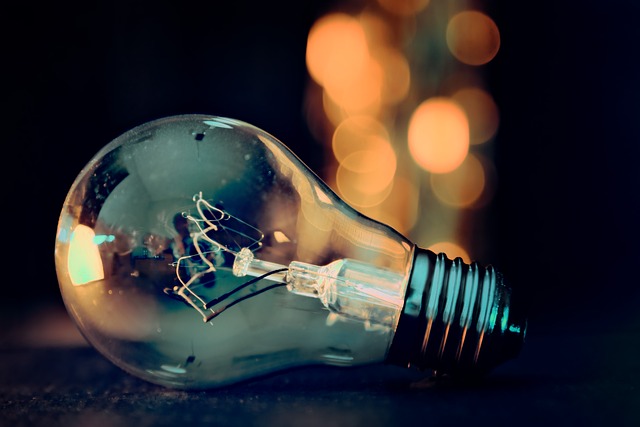Light bulbs are an essential part of our daily lives, but they also pose a potential environmental hazard if not disposed of properly. In this article, we will guide you through the steps to recycle light bulbs safely and effectively. We will discuss the different types of light bulbs and the various ways they can be recycled.
Understanding the Different Types of Light Bulbs
a. Incandescent Bulbs
b. Compact Fluorescent Bulbs (CFLs)
c. Light Emitting Diodes (LEDs)
d. Halogen Bulbs
When it comes to recycling light bulbs, it is essential to understand the different types of light bulbs available in the market. Each bulb has a different composition, and therefore, it requires a different recycling process. The four main types of light bulbs are incandescent bulbs, compact fluorescent bulbs (CFLs), light-emitting diodes (LEDs), and halogen bulbs.
Incandescent Bulbs
Incandescent bulbs are the most common and traditional type of light bulb. They are made of glass, a metal filament, and a base. Although these bulbs are cheap and easy to replace, they are not energy-efficient and can be harmful to the environment.
Compact Fluorescent Bulbs (CFLs)
CFLs are energy-efficient bulbs that use a fraction of the electricity of incandescent bulbs. They contain mercury, which makes them hazardous and requires special care in the disposal.
Light Emitting Diodes (LEDs)
LEDs are the newest and most energy-efficient light bulbs. They use less energy than CFLs and incandescent bulbs and have a longer lifespan. LEDs are made of plastic, metal, and semiconductor materials.
Halogen Bulbs
Halogen bulbs are a type of incandescent bulb that uses halogen gas to increase the efficiency of the bulb. They are similar to incandescent bulbs but have a longer lifespan and are more energy-efficient.
Recycling Incandescent Bulbs
a. Shredding
b. Landfill Disposal
Incandescent bulbs are not as eco-friendly as CFLs or LEDs, and recycling them is not as crucial. They can be recycled through shredding, which separates the glass, metal, and filament components. After the shredding process, the materials can be used for other purposes. If recycling is not an option, incandescent bulbs can be disposed of in a landfill.
Recycling Compact Fluorescent Bulbs (CFLs)
a. Take to an Authorized Hazardous Waste Facility
b. Mail-in Service
c. Retailer Recycling Programs
CFLs contain mercury and must be handled carefully during disposal. It is not recommended to dispose of CFLs in the regular trash. Instead, take them to an authorized hazardous waste facility, which will ensure that the mercury is safely removed and disposed of. Many local retailers also accept CFLs for recycling, and some even offer mail-in services.
Recycling Light Emitting Diodes (LEDs)
a. Retailer Recycling Programs
b. Mail-in Services
LEDs are the most eco-friendly type of light bulb, and recycling them is important. Some retailers offer LED recycling programs, where you can bring your old LEDs for proper disposal. Additionally, there are mail-in services that will accept LEDs for recycling.
Recycling Halogen Bulbs
a. Retailer Recycling Programs
b. Mail-in Services
Halogen bulbs can be recycled through retailer recycling programs or mail-in services. They are not as harmful as CFLs, but it is still essential to recycle them properly to reduce environmental impact.
Conclusion:
Recycling light bulbs is not only beneficial for the environment but also for conserving valuable resources. By following the steps outlined in this article, you can safely and effectively recycle your incandescent, CFL, and LED bulbs. Remember to handle bulbs with care and check with local regulations before disposing of them. Let’s do our part in reducing waste and preserving our planet for future generations.
FAQs:
Can you recycle all types of light bulbs?
Not all types of light bulbs can be recycled. Incandescent bulbs can be reused or repurposed but are not typically recycled. CFLs and LEDs can be recycled through retailers or hazardous waste facilities.
What are the benefits of recycling light bulbs?
Recycling light bulbs reduces waste, conserves energy, and recovers valuable materials.
Can you recycle light bulbs at home?
CFLs and LEDs can be recycled at home by using a mail-in service or special recycling kits. However, incandescent bulbs cannot be recycled at home.
How should I handle used light bulbs?
Used light bulbs should be handled carefully and stored safely until they can be recycled. Avoid breaking the bulbs, and keep them away from children and pets.
Are there any regulations regarding light bulb recycling?
Regulations regarding light bulb recycling vary by location. Check with your local government or recycling center to ensure you are disposing of bulbs properly.


